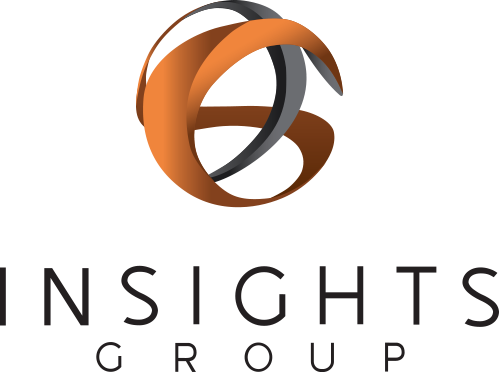Performance coaching (elite athletes, performance issues), Meal Coaching, ERP coaching.
Insights Group also offers coaching services in addition to therapy. Coaching differs from therapy in that it is short-term, goal-oriented, and often done in addition to receiving other therapy services. Insights Group offers the following types of coaching:
Performance Coaching (elite athletes, performance anxiety)
Therapeutic Meal Coaching for Eating Disorders
Exposure and Response Prevention Coaching for OCD
Performance Coaching:

Performance coaching is designed to help individuals prepare for and achieve goals related to performance across a variety of areas, such as career, sports, public speaking, artistic performances, and more.
Individuals with social or performance anxiety find it difficult to take the next steps towards stepping outside of their comfort zone. When an opportunity arises to perform or speak publicly, these individuals find it helpful to work with a coach to discover ways they can manage anxiety and overcome mental barriers to success. Several of our therapists have extensive experience working with student athletes, professional athletes, musicians, and business professionals.
Performance coaching can be done in tandem with therapy. If you are looking for a brief solution-focused approach to handling upcoming events, coaching may be for you.
Meal Coaching:
Therapeutic Meal Coaching means working with a trained eating disorder coach in real-time while eating a meal or snack. These meals may happen 1-1 or with a group of other clients working towards similar goals.
Prior to the meal, your coach will help you learn to notice the difference between Emotional hunger/fullness and physical hunger/fullness cues. Emotional hunger is usually based in a desire to eat (or avoid eating) in order to avoid feeling difficult emotions. Physical hunger comes from body signals that tell you when you are actually hungry or full.
During the meal, your coach will help you discover ways to notice eating disorder thoughts as they arise, as well as build new coping skills to use before, during, or after mealtimes. Your coach will also assist you in developing awareness of subtle eating disorder behaviors that may be interfering with your ability to complete a meal or a snack. After the meal, there will be time to debrief and provide feedback to your coach. Meal coaching serves as a great way to increase accountability for your therapy goals while feeling supported and learning new strategies to manage your eating disorder.
Therapeutic Meal Coaching differs from having a meal with a friend or family member. Meal coaches are trained in emotional de-escalation and how to implement types of healthy distractions during meals. They help people use grounding skills, coping strategies, and emotion regulation skills in real time. Insights Group’s therapeutic meal coaching is developed based on evidence-based treatments for eating disorders, such as:
• Cognitive Behavioral Therapy (CBT)
• Dialectical Behavioral Therapy (DBT)
• Exposure and Response Prevention (ERP)
• Acceptance and Commitment Therapy (ACT)
ERP Coaching:
Exposure and Response Prevention (ERP) therapy is the type of cognitive behavioral therapy used to treat OCD. ERP is backed by decades of research indicating that it is very effective in helping individuals with OCD.
ERP involves facing a triggering thought, object, situation, or experience on purpose while developing new skills to prevent your typical compulsions from happening. Your individual therapist will work with you to develop an exposure hierarchy, which is a written guide to facing your fears step-by-step in a way that feels manageable to you. During and in between therapy sessions, your individual therapist will have you practice exposures in order to master your new response to these situations.
ERP coaching involves working with a coach trained in OCD to help you complete your exposure therapy goals. During an ERP coaching session, you and your coach will first spend time reviewing your exposure goal for that day, as well as building awareness of the thoughts, feelings, and beliefs that lead you to have increased anxiety around this trigger. The majority of an ERP coaching session will be spent in action—facing your fears alongside a coach who can help you navigate compulsive urges with new mental and behavioral strategies to help you succeed. Afterwards, you will spend time debriefing about what you’ve learned in order to help you implement these skills independently. Many individuals find working with a coach to be a game-changer when it comes to seeing progress in therapy.


